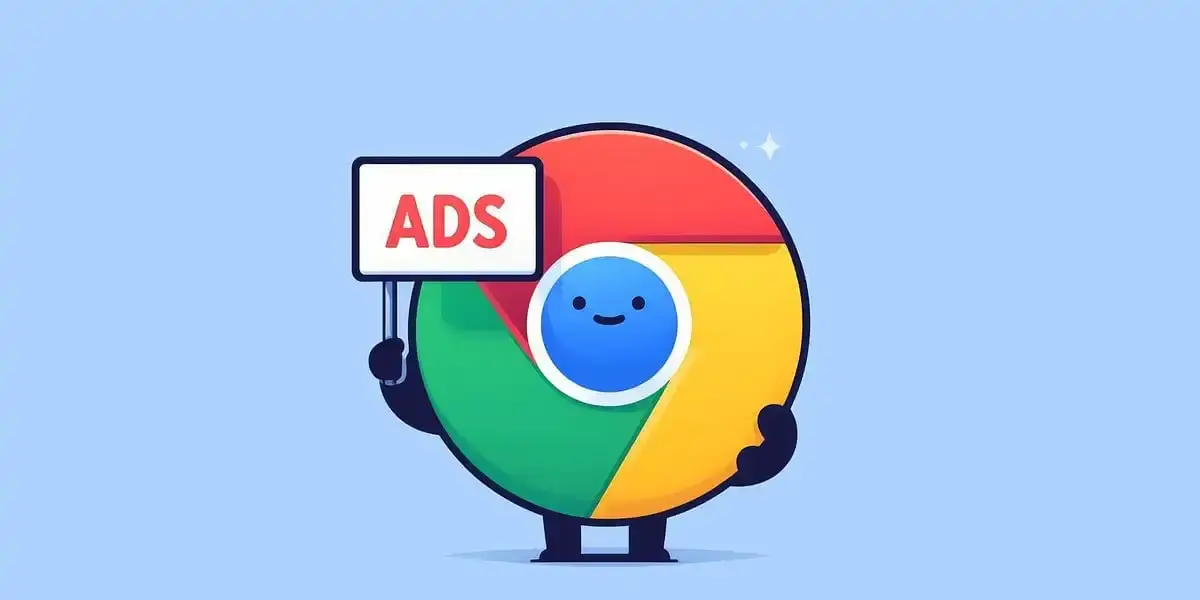- 77 Posts
- 80 Comments
It is 15 years old, but the “retro” is more about running apps and games from as old as 2001 natively.

 35·3 months ago
35·3 months agoBecause PCs are worse for living room/controller gameplay, you have to deal with Windows or Linux, and many other factors?
The exact same services? Did YouTube exist in the 1980s?
The Mozilla FUD where I said I like Firefox and pointed out how many of the projects continued in some form after Mozilla ended them?
Most of the services Google kills are also because they “fizzled out”. If you scroll through the Killed by Google site, a lot of the stuff listed there were test apps or small-scale experiments that most people never heard about or cared to try, like all the apps under Area 120. There are a few high-profile examples (Reader, Stadia, etc) but they’re definitely not the majority, same as Mozilla.

 41·3 months ago
41·3 months agoApple discontinued its own Apple Pay Later service in favor of just integrating third-party payment services, like Affirm: https://9to5mac.com/2024/06/17/apple-pay-later-united-states-ending/

 01·3 months ago
01·3 months agoModern consoles are pretty great about backwards compatibility. There’s room to improve for sure, but an Xbox Series X/S can play all Xbox One/Series games, plus hundreds of 360 and original Xbox games. PS5 is a bit worse with only PS4 backwards compat. The Switch is in the roughest shape, because PowerPC emulator or hardware compatibility wasn’t practical with the design or hardware of the original Switch.

 21·6 months ago
21·6 months agoThat’s up to 30K dynamic rules, at least 30K static rules, and at least 1K regex rules: https://developer.chrome.com/docs/extensions/reference/api/declarativeNetRequest#property-GUARANTEED_MINIMUM_STATIC_RULES
That seems like it’s fine for general use, and those limits might go up again. EasyList and the other big lists can be consolidated to varying degrees with Chrome’s rules format, and there’s probably some dead rules in there. uBlock Origin on Firefox will definitely be more versatile moving forward, but every time I’ve used uBlock Origin Lite in Chrome it’s almost the same experience.

 31·6 months ago
31·6 months agoIf you like this article, please consider following the site on Mastodon/Fedi, email, or RSS. It helps me get information like this out to a wider audience :)

 7·6 months ago
7·6 months agoIf you like this article, please consider following the site on Mastodon/Fedi, email, or RSS. It helps me get information like this out to a wider audience :)

 144·6 months ago
144·6 months agoIf you like this article, please consider following the site on Mastodon/Fedi, email, or RSS. It helps me get information like this out to a wider audience :)

 81·6 months ago
81·6 months agoThe article talks about Firefox too.

 23·6 months ago
23·6 months agoAdblock users are still a statistical minority of web users. Most people don’t care (as evidenced by Netflix’s ad tier gaining subscribers every quarter) or don’t know those extensions exist.

 221·6 months ago
221·6 months agoExcept the part where it didn’t imply that at all?
That performance cost seems to be negligible in uBlock Origin and other popular ad blockers that have focused on optimization (uBO has an explainer wiki page), but there were probably other extensions not doing that well. It’s not hard to see a situation where multiple poorly-optimized extensions installed using the Web Request API could dramatically slow down Chrome, and the user would have no way of knowing the issue.

 211·6 months ago
211·6 months agoWhat specifically is “google propaganda and fear mongering” in the article?

 1·7 months ago
1·7 months agoI mean, there’s a difference between not reading an article, and several people arguing back and forth over the article that none of them have read. Reddit and Lemmy people do a lot of the latter.

 31·7 months ago
31·7 months agoThis might not be Reddit, but the Reddit behavior is still here.
There aren’t actual numbers because you can’t poll for that. There’s not a database somewhere that keeps track of every teacher or manager that says “ew” when someone brings up GIMP. There are some documented examples, though, some of which are listed in the article.
Yeah, the destructive editing and lack of a content aware fill is made me stop using it and go back to Photoshop. Krita also seems more usable these days in the FOSS world. The name is a lot easier to fix than those missing features, though.

















deleted by creator